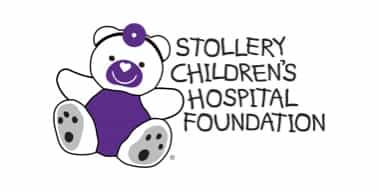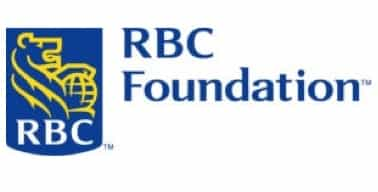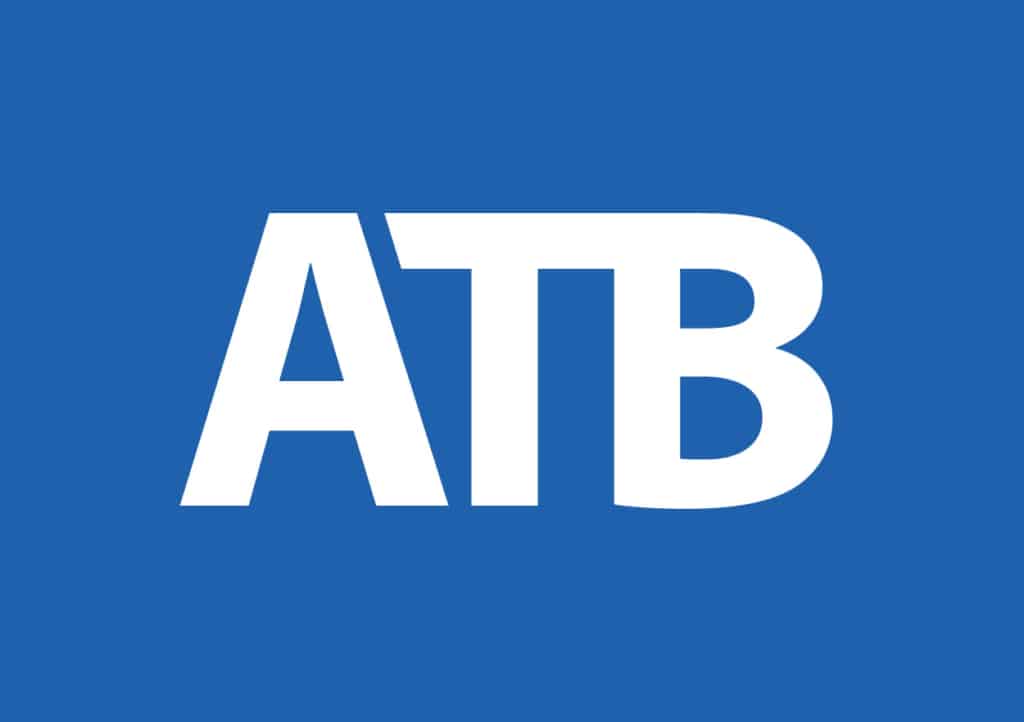Leaving Home for the First Time
The decision to leave home is different for everyone. People move out for many different reasons including:
- going to a college or university that is not close to where they live
- getting a job in a different city,
- wanting to move in with friends or a partner(s),
- leaving a home situation that is not safe,
- or just feeling a need to spread their wings and have more independence or space!
There is no right time! When you are thinking about leaving home for the first time, consider the pros and cons in order to make an informed decision.
It is normal to feel excited and scared when thinking about moving out. It can be a major life change, and you might not know where to start. Here are some tips!
Create a Budget & Check Your Finances
This will help you figure out if you’re ready to move out right away or if you need more time to save up. Try this budgeting tool by the Government of Canada to help you out.
Be sure to include all the expenses that come with moving out as well as those that you will have to pay every month. You may need to create a budget for the move, and a monthly budget for your expenses.
For the move:
- 1st month’s rent
- Rental deposit (usually 1 month of rent)
- Tenant insurance (also called content’s insurance, this is insurance that protects your stuff if there is a fire/flood/damage to your apartment)
- Pet deposit, if necessary
- Furniture
- Boxes and other moving supplies
- Movers and/or moving truck
On-going monthly expenses:
- Rent
- Utilities (electricity, water, heat, etc), if not included in rent
- Tenant’s/content’s insurance
- Cell phone bill
- Transportation costs, like car payment and insurance or bus pass
- Groceries
- Spending money
- Clothing budget
- Loan payments, if applicable
- Pet costs, e.g., food, insurance, vet bills, if applicable,
- Charitable donations, if applicable
- Savings, like a Registered Retired Savings Plan (RRSP) or Tax Free Savings Account (TFSA)
Before you start searching for properties, it’s helpful to decide how much you can afford and what your monthly income looks like. You can ask yourself questions like: How much money do I make each month? Do I earn a regular paycheck (e.g., weekly or monthly)? What is my credit score? Landlords might ask these questions too. Some landlords will check your credit as part of your rental application and some won’t.
Your credit score is a three-digit number that comes from the information in your credit report. It shows how well you manage credit and how risky it would be for a lender to lend you money or rent an apartment to you. Your credit report is started when you borrow money (like a student loan) or apply for credit for the first time (like getting your first credit card). Read more about your credit score here and here.
As well, if you have no credit history, or have had credit trouble, a landlord may ask you for a guarantor. A guarantor is usually a parent or guardian with a good credit history. The guarantor agrees to pay for you if you’re unable to pay your rent.
Property Searching
You might be looking for an apartment, condo, or perhaps a room in a home. Before you start, here are some questions you will want to ask yourself.
- Do I want to live alone or can I live with roommates?
- Which neighborhood do I want to live in?
- What services do I need to live near? Do I need to live near a train station, a grocery store, or my college/university?
- How far does it take to get to work or school from this property? Do I want to live on campus, in campus housing? Do I want to drive or take transit to get there?
- Are there any incentives? Do they offer free parking, free cable or Wi-Fi, or cover any of the utilities?
- What is my budget for rent? In general, your rent payment and household-related expenses should not be higher than 35% of your gross household income. Your gross household income is all income you receive before taxes and deductions. For example, if your gross pay is $4,000 a month, limit your housing costs to $1,400 a month.
Once you have a better idea of what you are looking for, there are a few different ways to find a place to live.
- Websites created for connecting renters to property owners like RentFaster or RentBoard.
- Websites created for general buy/sell transactions like Facebook Marketplace, Craigslist, or Kijiji.
- Working with a realtor if you want someone to walk you through the process. Note that they often take a fee or commission.
- Post on social media to see if any friends or family know of someone who is looking to rent or sell their property.
- Facebook groups for local or city/community-specific housing.
All that’s left is to reach out to the listings that you like and wait for them to invite you to a viewing. Make sure to bring a parent or trusted friend with you, especially one that has moved out or rented before. They can help you notice the pros and cons of each listing. As well, if you reach out to someone via Marketplace or Kijiji, it’s best to go with another person in order to be safe. When considering an apartment or condo building, do some online research to read tenant and former-tenant reviews about the property management company or landlords.
Sealing the Deal
Let’s say you’ve found a place you want to live! The next step is to secure the listing with a security deposit and sign a rental agreement.
A rental agreement, or lease, is a contract between a landlord and a tenant. The landlord grants the tenant the right to occupy a rental unit. In return, the tenant agrees to pay rent. The contract may also include other terms and rules. When you sign a rental agreement, you’re agreeing to respect those terms and rules. It is important to know your rights as a renter so that you manage a landlord who might be trying to take advantage of you. You can read about the Alberta Landlord and Tenant Act here.
A written rental agreement is an official record of what you and the landlord agree to. If there’s a dispute later, the rental agreement helps to settle it.
If you have a guarantor, the landlord will have them sign an agreement that describes their responsibilities. Your rental agreement should include:
- Landlord’s and tenant’s names, addresses, and contact information
- Length of time you agree to stay in the rental unit
- Monthly rent amount
- Date you must pay rent
- Services covered by the monthly payment, such as electricity, heat/water, or parking
- Any separate charges, like pet or parking fees
- Conditions for how to end the rental agreement
- When the landlord can (and can’t) increase the rent and by how much
- Security deposit amount and any conditions
- Rules that the landlord requires all tenants to follow
If you have decided to live with a roommate, it’s a good idea to sit down and figure out a roommate agreement as well.
Make sure you have a discussion about the following points to avoid any problems in the future:
- How you’ll divide rent
- How you’ll divide the security deposit
- Deciding is you will share bills and expenses or pay for them separately
- Who will be contacting and setting up utilities for the rental unit
- What each of you will buy for the rental unit
- Who will do what chores
- Weekly routines including work, sleep, eating schedules
- Any boundaries when it comes to inviting friends or partners over
- Comfort levels when it comes to substance use
- Any allergies or medical conditions to be aware of
- Groceries and meal prep options
Make sure you understand what you’re responsible for and what it takes to be considered a “good roommate”.
If 2 or more tenants sign the same rental agreement, each is equally responsible for payments and damages. If each of you signs separate rental agreements, you’re only responsible for what’s in your own written agreement.
If your name alone is on the utility bills, you must pay them on time. Missing a payment for your rent or utilities could hurt your credit score.
Check out this Government of Alberta resource on landlord and tenant rights and responsibilities. It includes tips on working out bills when roommates are involved.
Preparing for the Move
The next step is to get ready for the move. This can include deciding what you want to bring with you, what you need to purchase and plan for moving day.
We suggest taking a look at the floor plan of the rental unit, or perhaps taking pictures of your room and other spaces you will be using. This will help you visualize what you need to bring and if there is anything else you need.
If you’re moving out for the first time, you may need:
- Furniture.
- Dishes.
- Kitchen utensils.
- Small appliances.
- Bedding.
- Towels.
- Cleaning supplies.
Whether you are getting rid of things you don’t want to bring or you are looking to buy, there are lots of great places to sell and buy items second-hand. This is not only a great way to stay within your budget but it is good for the environment as well.
- Kijiji.
- Facebook Marketplace.
- “Buy Nothing” groups on Facebook or other social media platforms.
- Consignment stores like Find Edmonton or Serve Second Hand Furniture in Red Deer.
Remember to go with another person when going to meet up with someone to buy or sell something second-hand. If no one is free, be sure to tell someone when you are going, where you are meeting, and any information about that person – just to be safe. As well, be sure to bring hand sanitizer and wipe down things with disinfecting wipes!
The Big Move
If you are moving into an apartment or condo building, you’ll have to reserve an elevator. Most buildings allow you to hold an elevator for two or three hour slots. Always secure a time slot before planning for the big day!
Some people reach out to moving companies to help them move, but this can be pricey. You can find a list of reputable movers on the Canadian Association of Movers website.
If you have friends and family willing to help you out, be sure to follow these tips.
- Figure out ahead of time if all of the things you want to bring with you will fit into everyone’s cars.
- If not, you may want to book a moving truck, like a uHaul. You will need a valid driver’s license to rent a truck. Whoever will be driving it will have to sign for it, put gas in the truck, and drive it back at the end of the moving day.
- Make sure you have all the supplies you need for the move, like dollies and moving blankets.
- Communicate ahead of time when you have reserved the elevator.
- Try to be as prepared for the moving day as possible, by having your boxes packed and ready to go.
- Make sure to send everyone the address before you leave, and tell them where parking is available.
- Don’t forget to thank your friends for helping you move!
Plan to Maintain Your Mental Health
Leaving home for the first time is a pretty big deal! It can be exciting and scary all at the same time. Just like when you are making other major life changes, it is important to think about how you will maintain your mental health.
Here are some helpful suggestions.
Try to get enough sleep | With all the things that you will need to do and the excitement, sleeping at least 6 hours per night may be difficult. Remember that it can make a big difference in your ability to handle the ups and downs of the process. |
Self-check ins | Make sure to take the time to check in with yourself and how you are feeling. If you notice some early warning signs that your health might be suffering, follow through on your daily self-care plans. |
Ask for help | Don’t be afraid to reach out for help. This can be emotional support or someone to help carry a couch! Almost everyone moves and so you are always able to return to the favour! |
Celebrate! | Moving out may be a long process. Plan to celebrate the steps along the way so you can keep track of your progress and take the time to enjoy the journey. |
Check out our Groups and Workshops for more real life, skill building help! We also have private, free virtual appointments available with our Mental Health Therapists, Peer Support Worker, and Employment Support Worker.
Sources:
Renting your first apartment or house – Canada.ca



